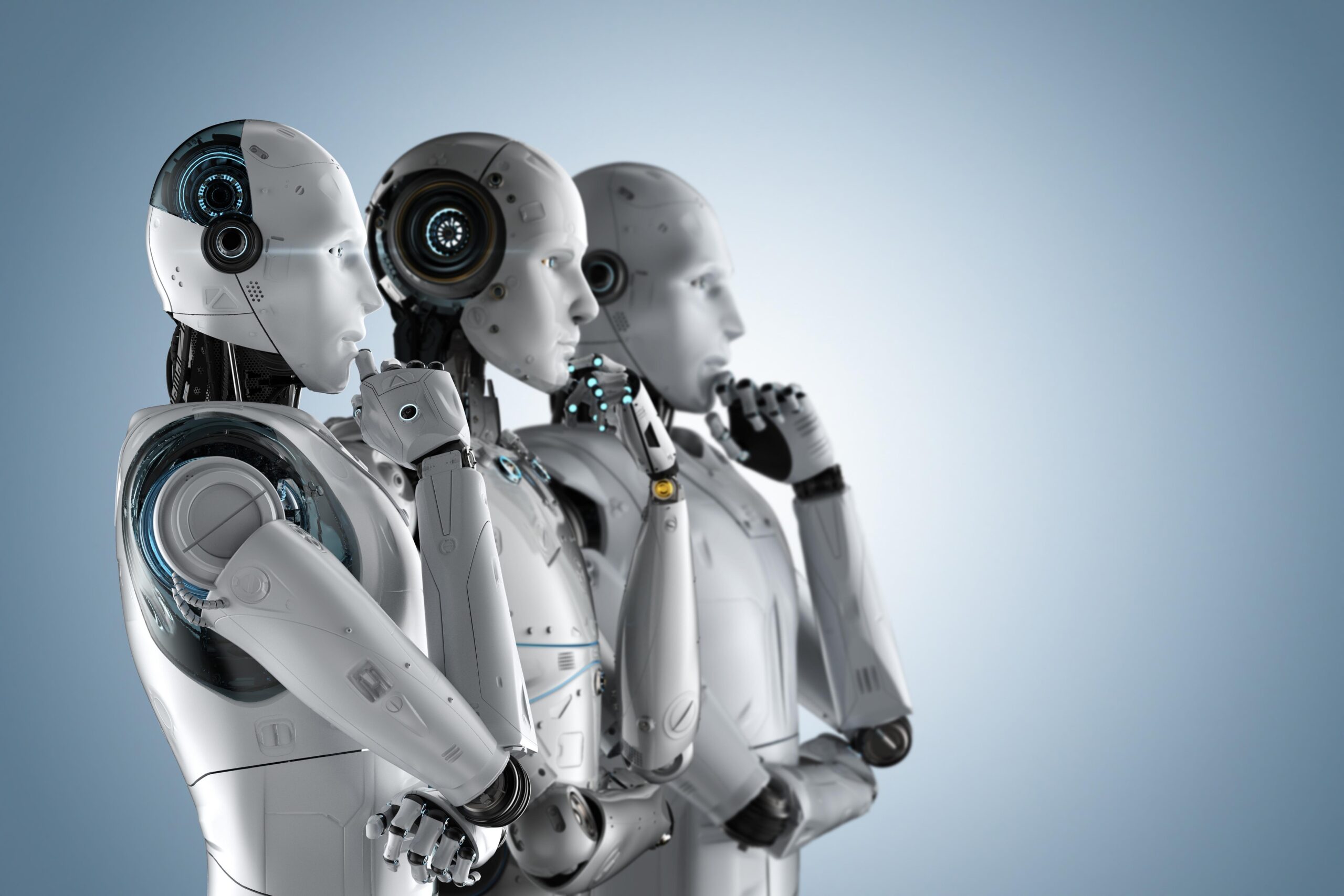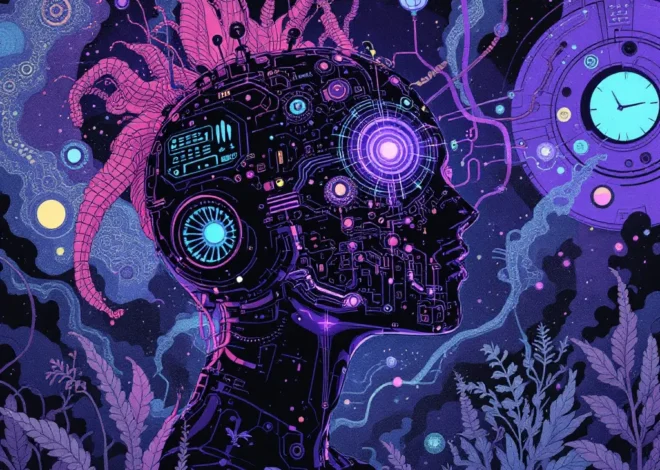
Frameworks for ethics and AI.
We build mental models when considering ethical dilemmas. There is an ethical dilemma when you do something and you are actively responsible for it. Global technology cannot be developed using Western philosophy alone.
Artificial intelligence causes wicked problems that have many solutions that are not technical, but rather cultural and social.
In addition to being data and code, algorithms have existed for hundreds of years in a variety of forms. Today, we can make these decisions much faster than in the past.
Data plays a crucial role in machine learning.
AI is often believed to be objective, but this is not the case.
It is also encoded in the development life cycle the opinions and beliefs of people involved in the development process.
A person’s conduct and behavior are governed by ethics. Many ethical schools have approaches that can be used as frameworks:
- Consequentialism is the first theory. The greatest happiness of the greatest number is the foundation of morality and legislation, also known as the end justifies the means.
- There is a family of ethical theories known as utilitarianism. Conceives benefits as actions that maximize the well-being of all affected individuals. Utilitarianism is a version of consequentialism that claims that the consequences of actions are the only standards of right and wrong.
- Then there is deontology, which suggests that it is our duty to always do the right thing, regardless of the consequences.
- According to pragmatism, morality evolves over time and must be taken into account when establishing rules.
- Moral institutionalism tells us that it is possible to know what is ethical without prior knowledge of other concepts, such as good or evil.
- Moral relativism is the view that moral judgments are only true or false relative to some particular point of view. In other words, no point of view is singularly privileged over all others, whether it is within a culture or a historical period.
No single ethical framework governs them all; AI ethics depend on the industry, social norms, and regulations that govern it.



